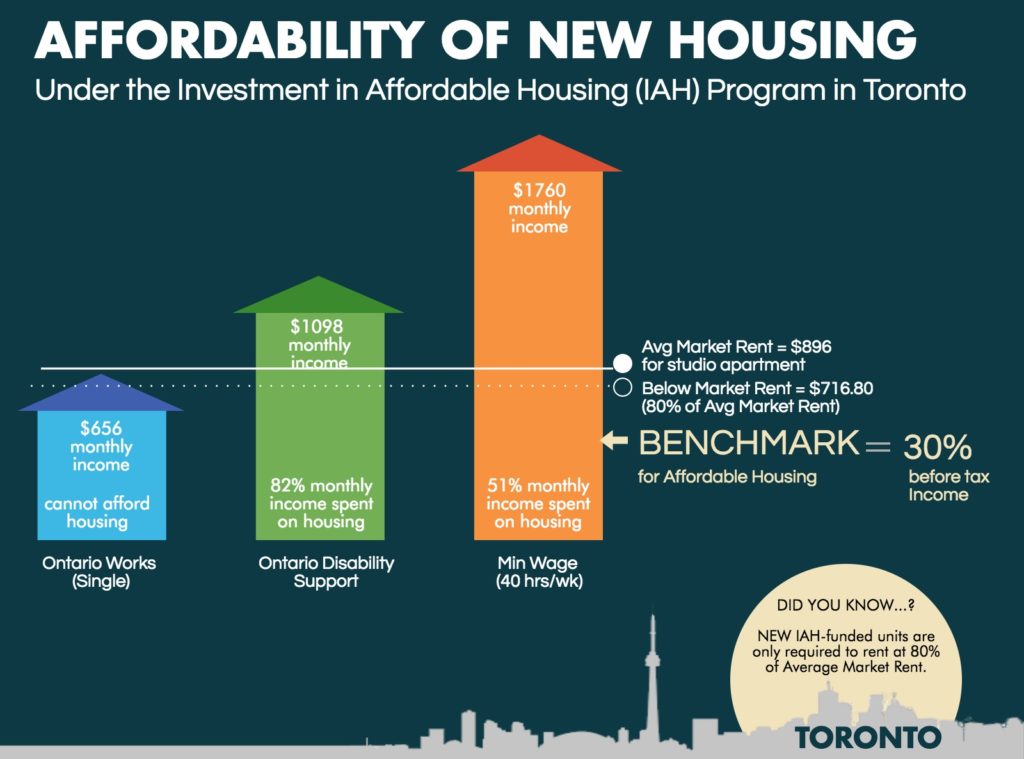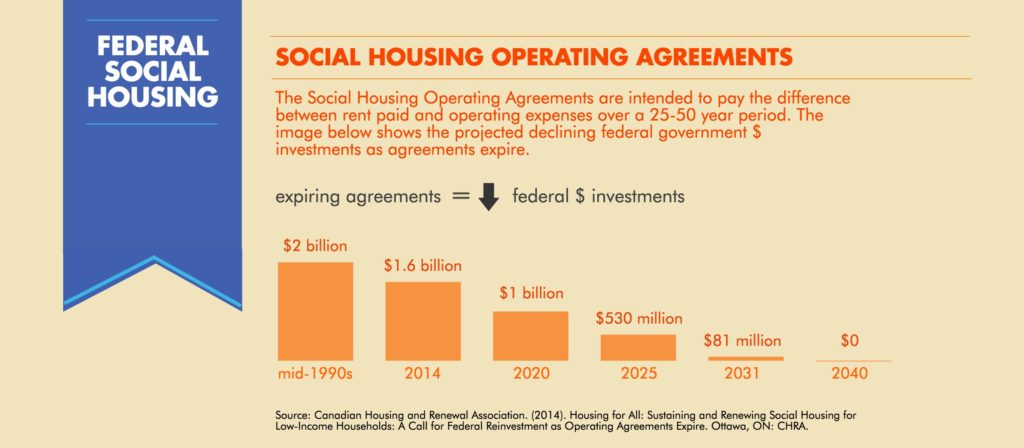What we did: We explored the development, implementation, and population-level outcomes of policies and programs associated with Homelessness Action Plans (HAPs) in four Canadian cities: Vancouver, Calgary, Toronto, and Ottawa. HAPs are a set of policies and programs with the stated goal of ending or reducing homelessness.
Why we did it: Over the last decade, a number of provinces have released housing and homelessness plans in order to establish provincial policy direction, define program priorities and target investment. To date, however, HAPs have not been evaluated using rigorous methodology.
How we did it:
What we found: Homelessness plans resourced and carried out at the municipal level cannot be effective without new and substantial long-term investment from higher levels of government.


Our partners: Academic researchers, community organizations, and government representatives in British Columbia, Alberta, and Ontario with expertise on homelessness and precarious housing.
Action point: Although HAPs are important tools to identify local housing and service needs, cities lack the financial capacity or political authority to address the structural factors driving homelessness, including poverty and a shortage of affordable housing. Evidence from this report suggests that the successful implementation of HAPs requires federal and provincial leadership through:
Contact your Member of Parliament and Member of Provincial Parliament and let them know you support substantial new investment in housing and homelessness.
For more information: Please contact Principal Investigator Dr. Stephen Hwang at hwangs@smh.ca
Resources:
Adamo A, Klodawsky F, Aubry T, Hwang S. (2016). Ending Homelessness in Canada: A Study of 10-Year Plans in Four Canadian Cities. Toronto ON: Research Alliance for Canadian Homelessness, Housing, and Health. Full report here.
Monsebraaten L, Alam H. (2016, October 10). Cities’ homelessness plans doomed to fail without federal cash: Report. Toronto Star. Retrieved from: www.thestar.com/news/gta/2016/10/10/cities-homelessness-plans-doomed-to-fail-without-federal-cash-report.html.
St. Michael’s Hospital. (2016). Report released on World Homeless Day finds homelessness not declining in Canada, calls for national housing strategy, more federal funds [Press Release]. Retrieved from: www.stmichaelshospital.com/media/detail.php?source=hospital_news/2016/1010.
Hwang SW. (2016, October 11). Stephen W. Hwang: Dr. Stephen Hwang, Director for the Centre for Urban Health Solutions at St. Michael’s Hospital, about the homeless and housing (R. Snow, interviewer) [Audio file]. Retrieved from: http://devel.autopod.ca/chum/181/podcasts/.